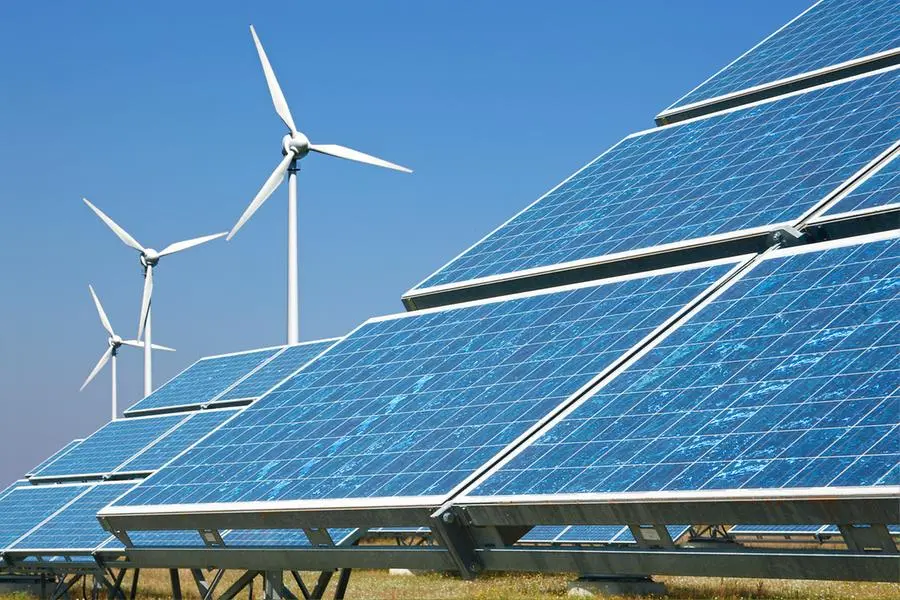Uzbekistan is set to witness an expansion in its renewable energy landscape with the Asian Development Bank (ADB) proposing a large-scale solar-plus-battery project. The initiative, known as the Samarkand 1 Solar PV and Battery Energy Storage System (BESS) Project, is expected to bring substantial advancements to the country's energy infrastructure.

According to an ADB listing, the project will involve the construction of two solar power plants with capacities of 100 MW and 400 MW, respectively. Additionally, a pooling station, a 500 MWh BESS, and loop-in loop-out transmission lines will be established, along with a 70 km overhead transmission line to connect the system to the grid. This comprehensive project aims to enhance the reliability and sustainability of Uzbekistan's energy supply.
The project is being developed by ACWA Power’s Sazagan Solar 1, a subsidiary of the Saudi Arabian energy giant, ACWA Power. This development marks one of Uzbekistan's first utility-scale renewable energy projects incorporating a BESS component.
This project follows the announcement of Uzbekistan's first BESS in May 2024 and the successful connection of the initial phase of a 511 MW solar project in March of the same year. Uzbekistan's energy policy has been increasingly geared towards encouraging private sector investment in large-scale renewable projects. The government is actively working to increase the country's solar capacity to 7 GW, with the current cumulative installed solar capacity standing at 253 MW at the end of last year, as reported by the International Renewable Energy Agency (IRENA).
ACWA Power recently achieved financial close on a 200 MW solar plant and a 500 MWh BESS near Tashkent, the national capital. Moreover, ACWA Power has officially commenced the construction of the Beruniy Wind Independent Power Plant (IPP) and a BESS in the Beruniy Region of Karakalpakstan. This project, which involves a 200 MW wind power plant and a 100 MW BESS, represents a $260mn investment. It is projected to generate 800mn kWh of clean energy annually, enough to power approximately 292,000 households, while also saving 212mn cubic meters of natural gas and reducing CO2 emissions by 336,000 tonnes per year.
Additionally, last week a memorandum of understanding valued at $1.7mn was signed between Uzbekistan's Technical Regulatory Agency and ACWA Power. This agreement aims to enhance calibration services for measuring instruments used in renewable energy projects, particularly in the Republic of Karakalpakstan.
Follow Daryo's official Instagram and Twitter pages to keep current on world news.
Comments (0)